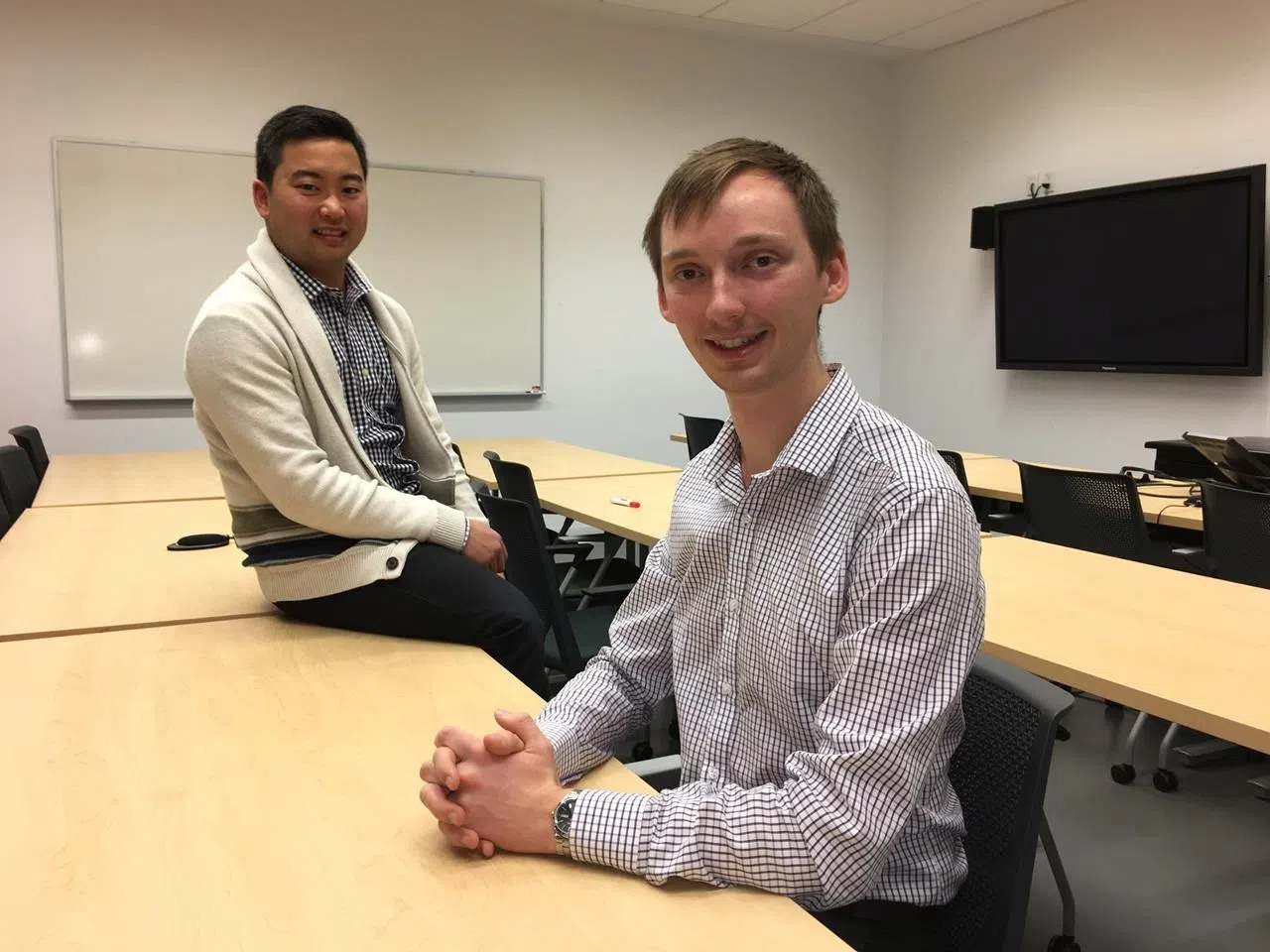
UBC students learn to care for Indigenous people by understanding racist legacy
VANCOUVER — The University of British Columbia is on mission to train future doctors, dentists and other health-care providers to treat Indigenous patients by learning about the pain inflicted by past Canadian policies.
First-year students in midwifery, occupational therapy, pharmacy, physical therapy, genetic counselling, social work, dental hygiene and dietetics are required to take an online course and two workshops to help them better serve Aboriginal people. In 2018, students in audiology and speech and language pathology will also participate.
Jason Min, who teaches in the university’s faculty of pharmaceutical sciences and has worked with the Lil’wat Nation, facilitated a workshop Thursday for students in various programs.
“I think I graduated feeling confident in my knowledge of medications and how they worked. I didn’t know that was not enough to provide good care,” he said.
